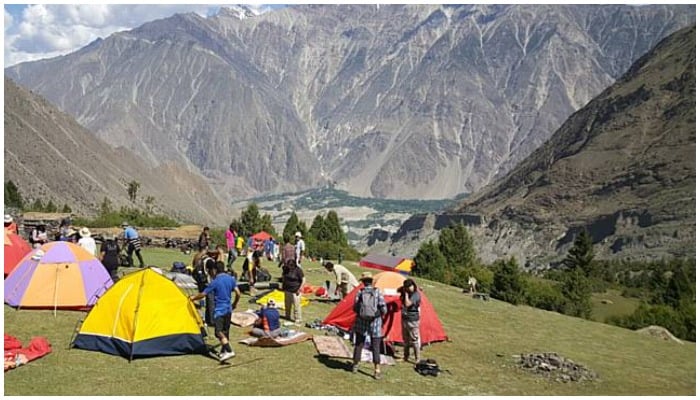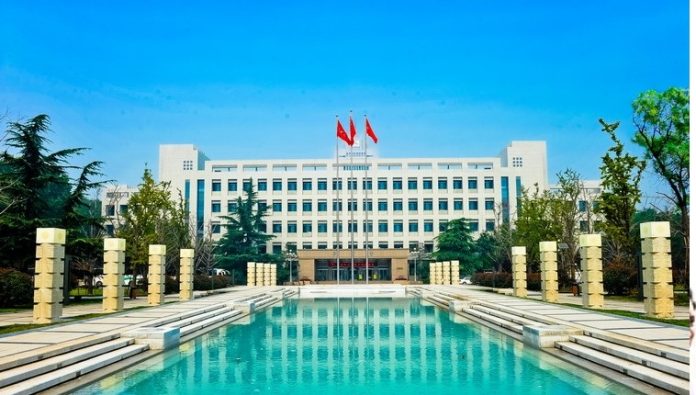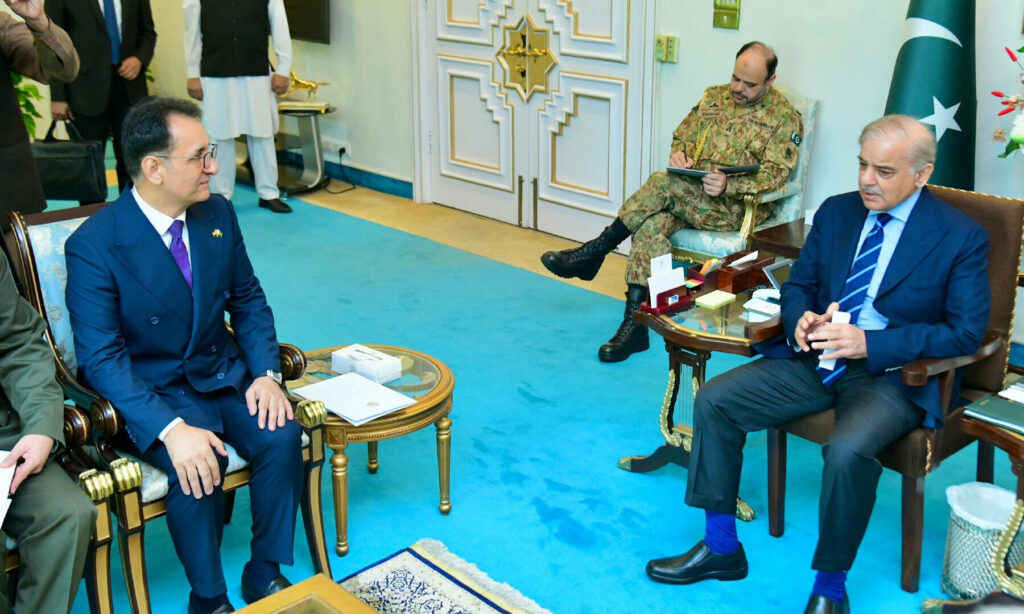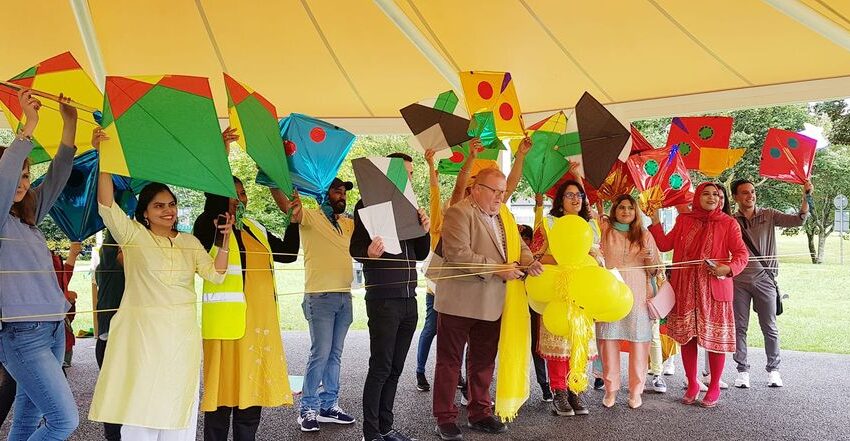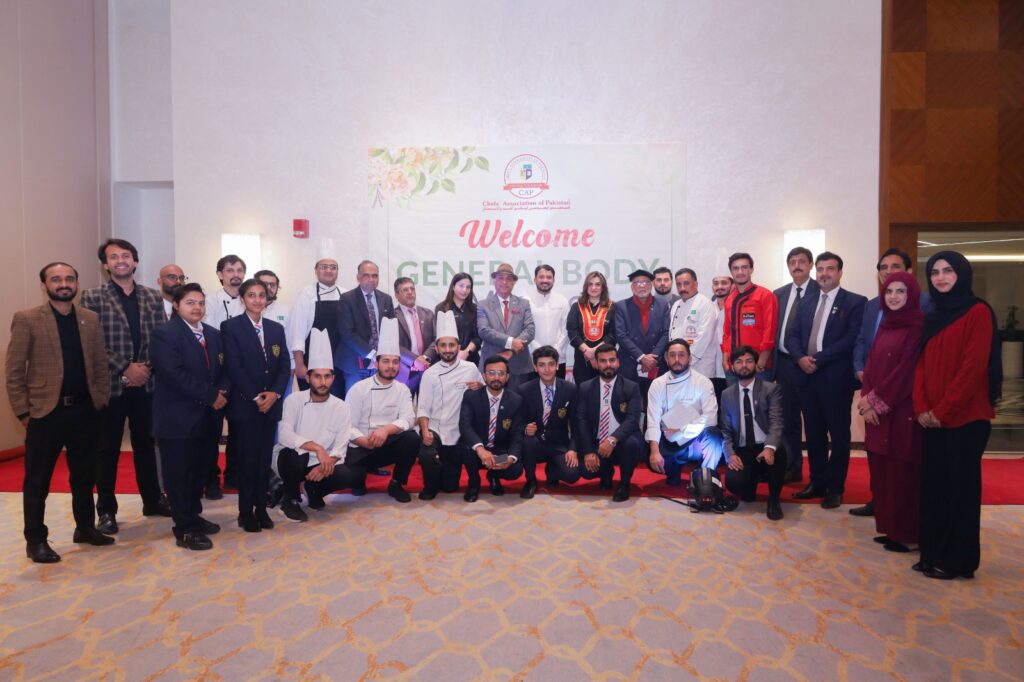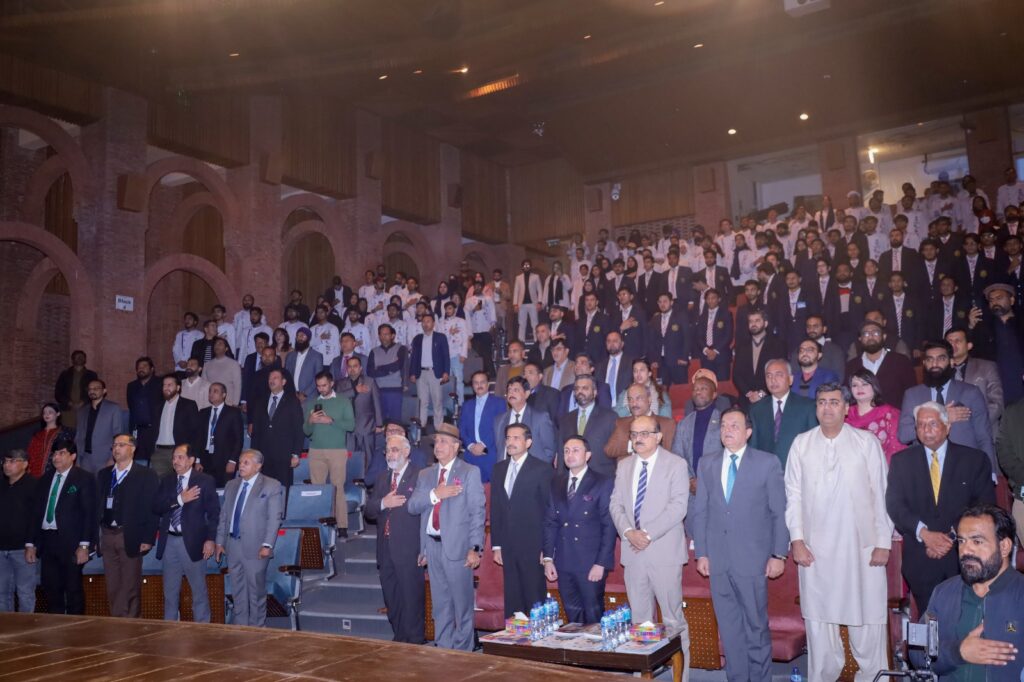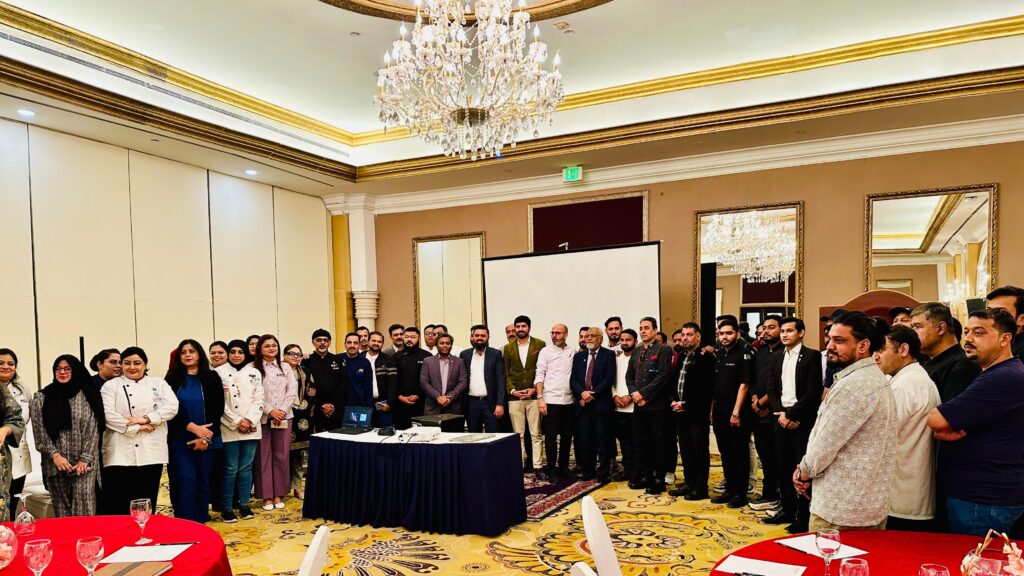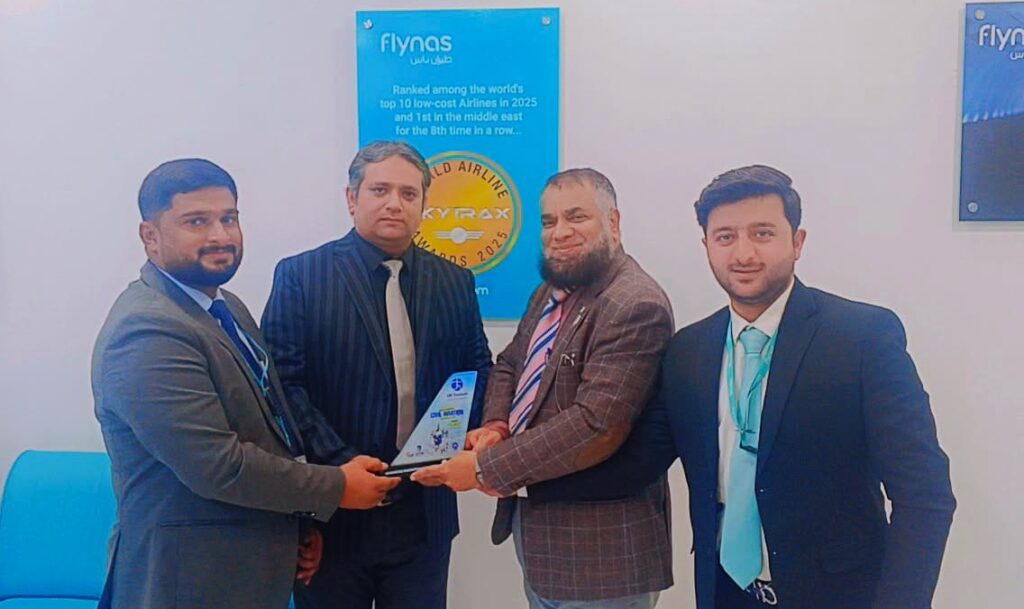By Fraaz Mahmud Kasuri
Sustainability is a term which explains permanence, continuity and reliability of something. It is commonly believed that anything that does not comply with the circumstances, fades out. Same is the case with our domestics and professional practices. Anything that is not planned properly can never be executed as it should be. Sustainability becomes even more important when it is needed in national-level activities. Any department, project or some short/long activity can never yield fruitful results unless sustainability factor is properly followed and adopted.
When we talk about tourism in Pakistan, experts and statistics claim that Pakistan is a haven for tourism and it can bring huge revenues for the country. The fact is that from lush green valleys to highest peaks, from deserts to seas, and from heritage to religious sites, Pakistan possess all those resources which can lead a country to become a favourite destination in the world. Many publications and travelers have many times acknowledged Pakistan as the most favourite tourist destination. Hospitality of the Pakistani people is also famous around the world; several bloggers and v-loggers have mentioned the generosity of Pakistani people time and again.
The question is ‘why Pakistan’s tourism is not contributing to the national exchequer the way it should?’ There are many answers to this question but the exact one is ‘no sustainability’. Pakistan does have natural resources in the form of waters, woods, wild and hills but all these natural resources need human attention. The upkeep of a natural resource needs proper planning and a team for the executional tasks. Since Pakistan came into being, the tourism sector has always been ignored. A sector that can bring foreign visitors and investments has never been tapped and explored properly; all we depend upon are the natural sites and resources.
The beloved country has never seen any national-level efforts to devise some strategy for the sustainable tourism practices. Tourism itself is not an entity or a department that can be improved or upgraded; it’s a combination of all the departments working together in harmony. From weather to the water department and from transport to the security department, all the department s need to function properly. If all the departments in a country work as per their sets of operating procedures, that country automatically becomes tourism-friendly. Here in Pakistan, unfortunately, all those areas and sectors which strengthen the tourism of a country are in extremely poor condition.
Recent floods in Pakistan have proved the above-cited hunch right. Due to the poor strategic planning, monsoon rains in the country have played havoc with the lives and properties of the people living in southern parts of Punjab, southeastern parts of Sindh and neighbouring Balochistan. Where we have lost the precious lives of our people, at the same time, our geographical infrastructure is also badly hurt. Our national heritage is also damaged as many historical sites and areas have gone under water. The world famous archaeological site of Mohenjo-Daro may lose its UNESCO world heritage site status because of the damage caused to it due to the heavy floods. Railways, air and road transports are also badly affected as several parts of the country cannot be accessed by road or even by air.
In such catastrophic situations, where locals are fearful of planning tours or other recreational activities, how can we expect from foreign tourists to visit Pakistan? And this is not the first time that we are hit by some unexpected disaster; Murree incident last year in which several tourists died in the cold had also left many questions unanswered. The dilemma is that we never learn from the incidents and go clam as the time passes by; Alas!
To promote sustainable tourism practices in Pakistan, we need to work on maintaining stability in all the sectors and departments. Only stable circumstances, departments, and environment can lead to sustainable tourism practices in Pakistan. We need to put all our departments on the paths of first recovery and then stability on emergency basis. If proper planning is done, even calamities can be reverted. There is a dire need to think and plan about the future of tourism in Pakistan as a country full of all types of tourism potentials cannot be left to the mercy of mere circumstances.

